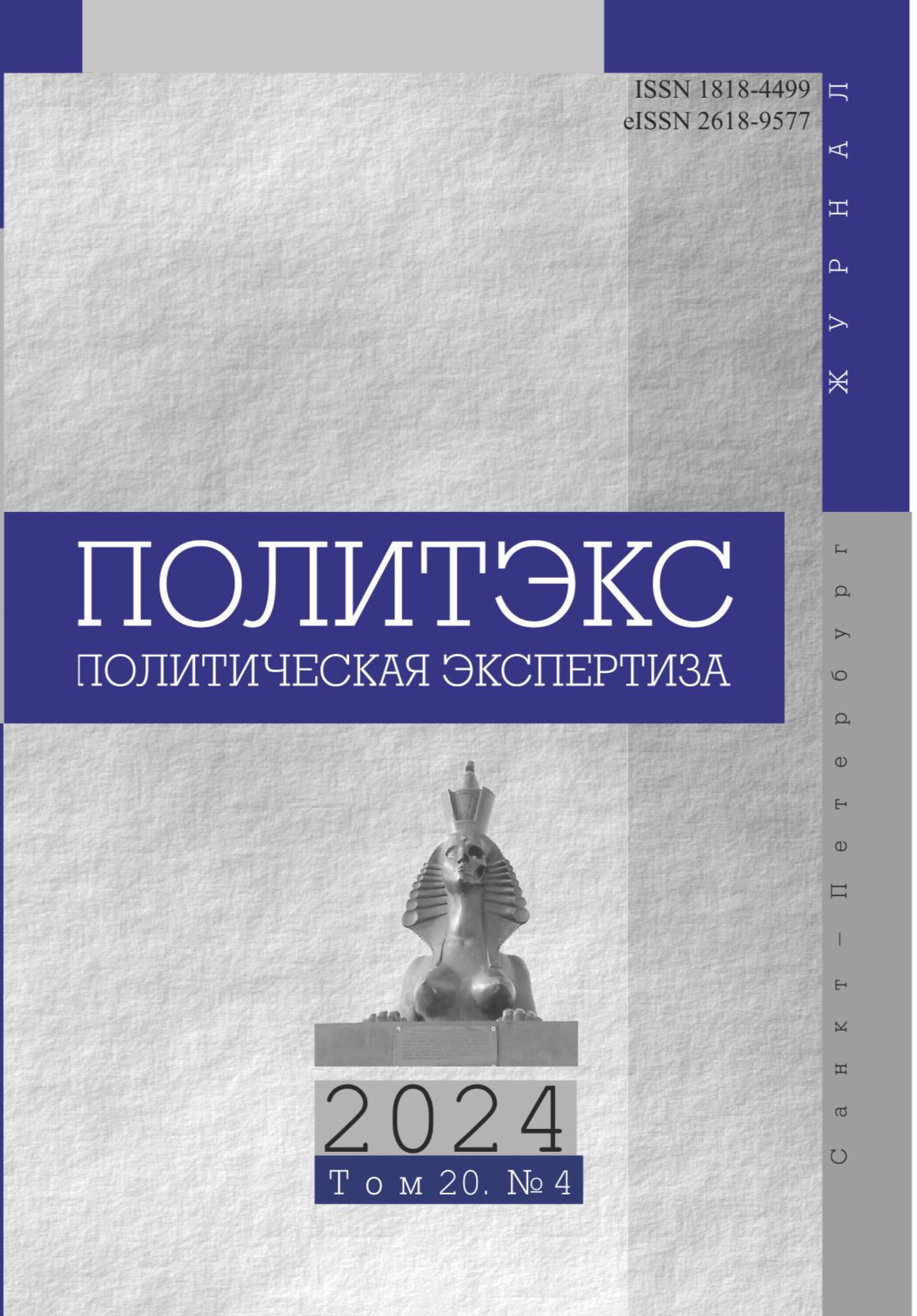ONLINE IDENTITY AS A RESULT OF DIGITAL POLITICAL SOCIALIZATION: REVIEW OF MODERN SCIENTIFIC LITERATURE
DOI:
https://doi.org/10.21638/spbu23.2024.408Abstract
The article analyzes the main approaches to the phenomena of digital political socialization and online identity in modern social sciences. The author's attention is focused mainly on the publications of Russian scientists in recent years. The variety of synonyms used for the categories hides the immature understanding of the essence of the phenomena described. The peculiarities of the process of digital political socialization are considered to be the non-obviousness of its agents and the absence of hierarchy in subject-object interaction, the spontaneous and hybrid nature of influence, the opacity of control norms, the blurring of the boundaries of socialization stages, and a decrease in sustainability. The risks of digital socialization include the erosion of social norms, people's misunderstanding of the often imitative nature of support for participants in online communication, the belief that Internet platforms allow one to form all the social experience necessary for a person, and the uncontrolled influence of socially disapproved, radical, extremist political groups. The meaning of the category "digital identity" in scientific literature is changing. It was defined as a way of minimally informing about an individual in the online space; "digital profile" with data on behavior in online communities; "digital footprint" as a projection of an individual's personality, etc. Scientists have different points of view on the relationship between online and offline identities. There are researchers who identify them, consider them complementary, or insist on their complete opposites. Some scientists are convinced that online identity does not exist and is not formed, and that we should only talk about self-presentation - imitation of personal traits and "construction" of one's destiny. A person "completes" his or her image, and the process of forming an online identity cannot be completed. Digital political socialization and online identity are currently considered by researchers with an emphasis on potential or real risks. The controversial points identified in the authors' interpretation of the processes of digital identity formation and the course of political online socialization in some cases reflect their focus on an instrumental, "technical" approach. Refusal to assess the Internet as only a virtual space, awareness of its capabilities as a significant, influential political institution will allow a more objective assessment of these processes.
Keywords:
political socialization in the Internet space, digital socialization, online identity, youth, opinion leaders
Downloads
Downloads
Published
How to Cite
Issue
Section
License
Articles of "Political Expertise: POLITEX" are open access distributed under the terms of the License Agreement with Saint Petersburg State University, which permits to the authors unrestricted distribution and self-archiving free of charge.




